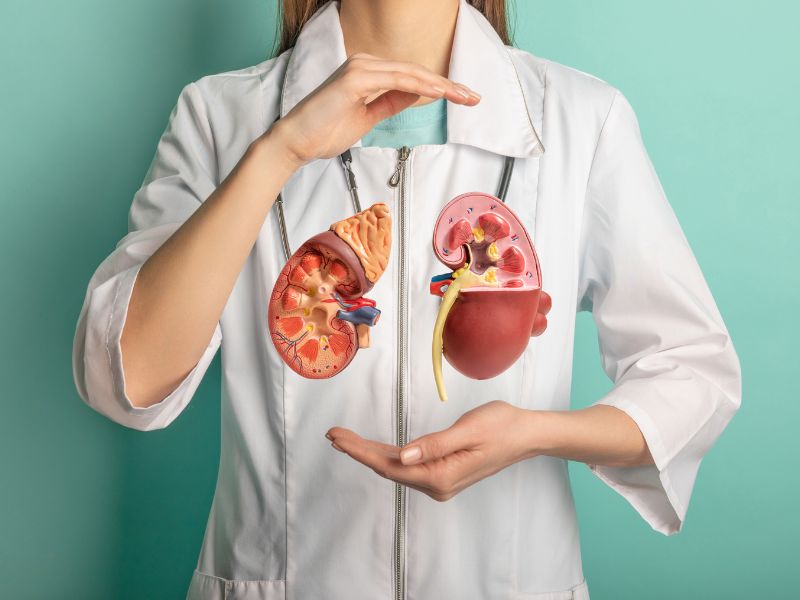
Acute kidney injury: A Revolution in Prevention
An Italian Innovation in Acute Kidney Injury Prevention
Milan’s San Raffaele Hospital conducted an innovative study, published in the New England Journal of Medicine, which identified a treatment to prevent acute kidney injury (AKI) in patients undergoing cardiopulmonary bypass. The treatment, involving intravenous administration of amino acids, represents a significant breakthrough: AKI is more deadly than myocardial infarction thus far, with no definitive methods to prevent it.
The Numbers on Acute Kidney Injury
Each year, over 300 million surgical procedures are performed worldwide, with approximately one million involving cardiopulmonary bypass. During such procedures, acute stress on the body can reduce renal perfusion and increase the likelihood of developing acute kidney injury. AKI occurs in 10-15% of hospitalized patients and in 50% of intensive care patients, with mortality rates reaching 30-40% in critical cases. This makes preventing AKI a crucial goal for improving patient survival.
Study Details
The study, funded by the Italian Ministry of Health, included 3,511 patients from 22 centers worldwide, including Italy, Croatia, and Singapore. Patients were divided into two groups: one group received an intravenous amino acid solution, while the other received a placebo. Results showed that AKI occurred in 26.9% of patients treated with amino acids versus 31.7% of patients who received the placebo, demonstrating a significant reduction in risk.
Future Perspectives
The results of this study open new possibilities not only for patients undergoing cardiopulmonary bypass but also for those with heart failure awaiting kidney transplant, those suffering from ongoing renal failure, or septic patients. Amino acid therapy could also mitigate damage from contrast media used during diagnostic procedures. This paradigm shift could significantly improve the conditions of millions of patients annually.
Sources


